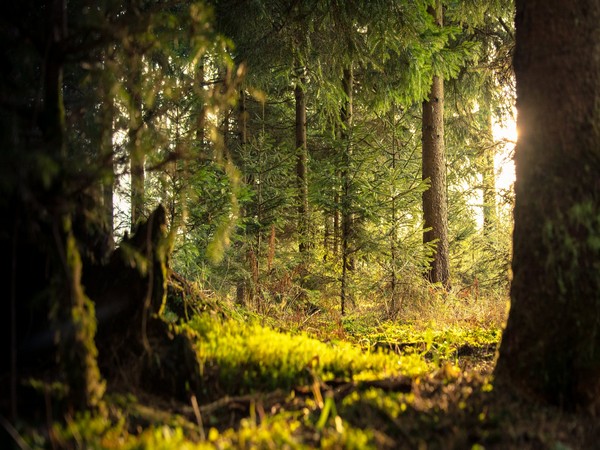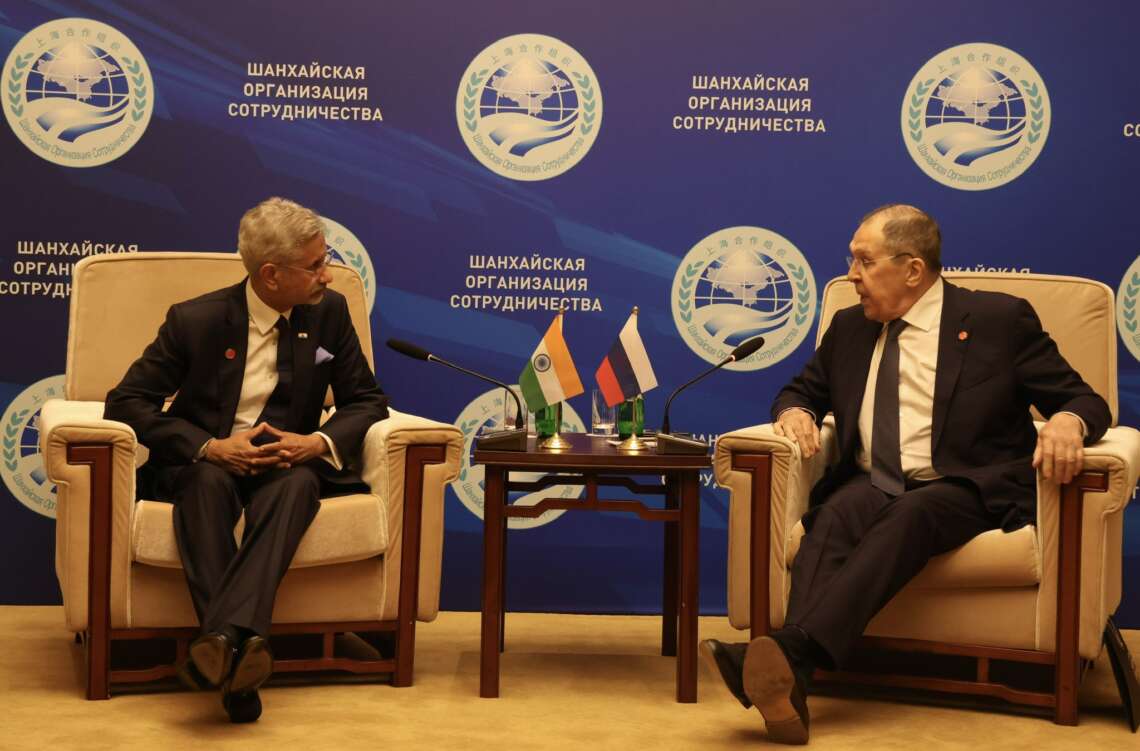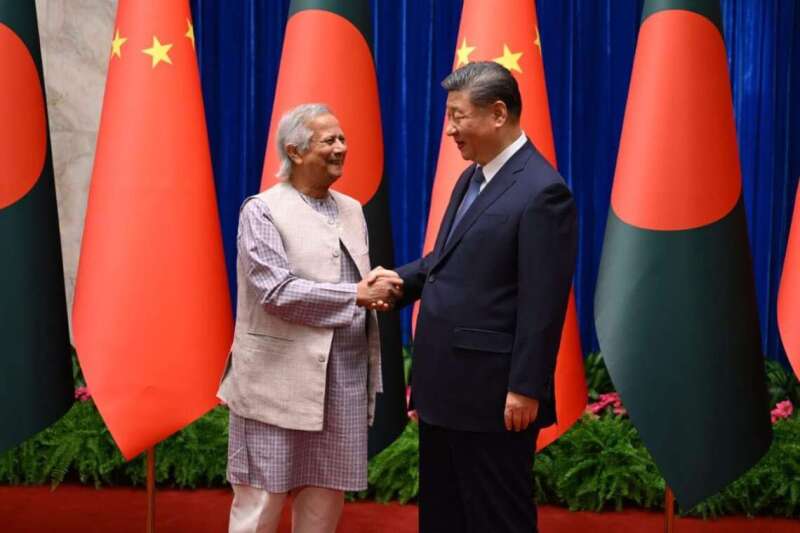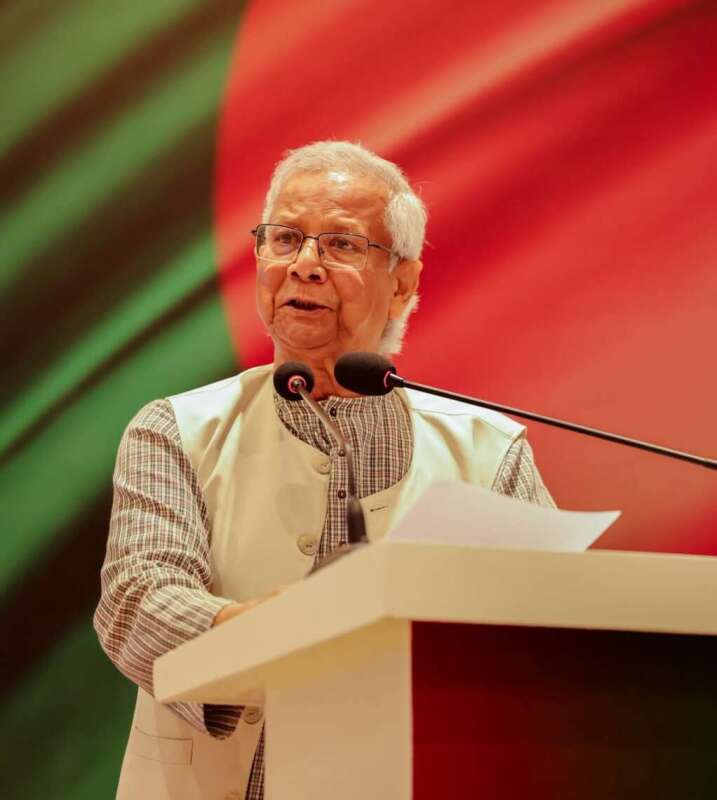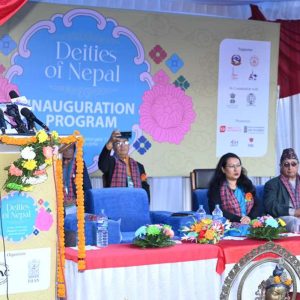The practice of electing Chi as the village leader was still continued by the Zomi people, who later shifted to Manipur in altered forms…reports Asian Lite News
Previously known as Chin, Kuki or Lushai was a community of non-tribal people from Burma, India and Bangladesh. These names loosely translate to the ‘Wild Hill Tribes’ by which the British colonial rulers in the pre-independence era used to address them.
Later, this tribe settled in the India-Myanmar border region. Although the Indian constitution provided constitutional protection to their land in Mizoram, Burma’s 2008 Constitution declared the Myanmarese government to be the ultimate owner of their land and its resources.
The area inhabited by the tribe, known as Zogam is bounded in the East by Burma, North by India and in the West and South by Bangladesh. It was seized by the Myanmarese government. The land was taken away from the ethnic group in the name of infrastructure and industrial development.
Often, land that this tribe lay claim to were termed ‘vacant’ and ‘fallow’, said Borderlens, an independent, non-profit organisation dedicated to providing an alternative space for storytelling about the eastern borderlands.
The practice of electing Chi as the village leader was still continued by the Zomi people, who later shifted to Manipur in altered forms. The rights and duties of the village chief remained the same whereby the chief was considered the owner and the manager of all functions and assets of the village, just like today’s private property ownership.
The village headman was known to be the owner of the soil by virtue of which he could lease, rent, sell and purchase any of the village’s assets which restricted the use of the land by the villagers. The land now landed in private hands. The borderlands reported the activities of the Zomis, be it cultivation, gathering of forest produce, animal rearing, grazing procuring fuel and building materials, etc, which were tied to their land.
In the Zomi town of Lamka in Manipur and its surroundings, land deeds were up for sale to private entities, according to the report on Borderlens by Sangmuan Hangsing.
There are fears that the Zomi people of Manipur could now lose the land of their ancestors. The Meitei community, which was previously barred from owning land in Manipur valley, found a way of buying land in the guise of cooperative societies and agribusinesses, resulting in Meitei Leikais (Meitei localities) settling in and around Lamka town in Manipur, Hangsing wrote in the Borderlens report.
In 2015, the Manipur government tried to end the rights over property previously enjoyed by these hill communities. The government passed three laws towards that end. However, these were revoked after a serious backlash.
The government has since declared a huge landmass, which included over a hundred Zomi villages in southern Manipur, as Kaihlam Wildlife Sanctuary, threatening ancestral access of the Zomi community to the forest and its resources. (ANI)


